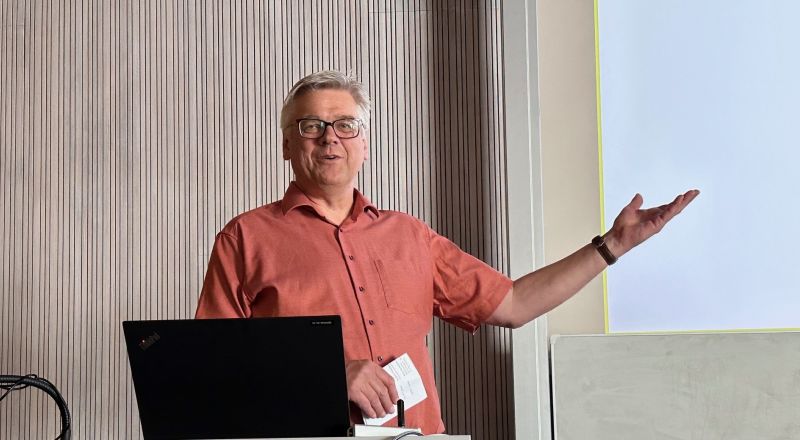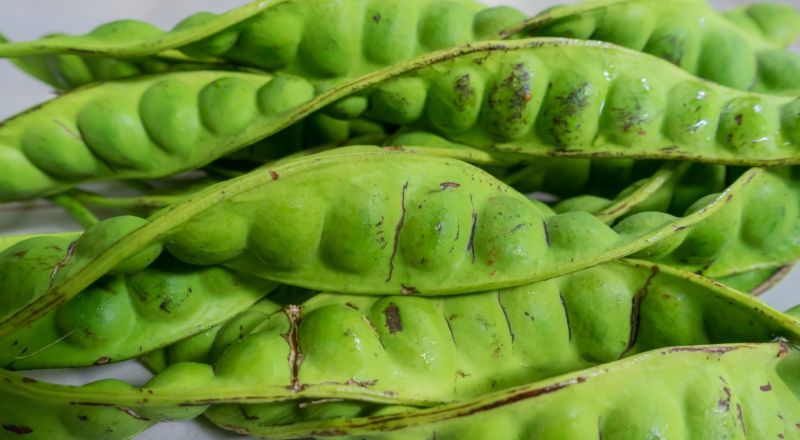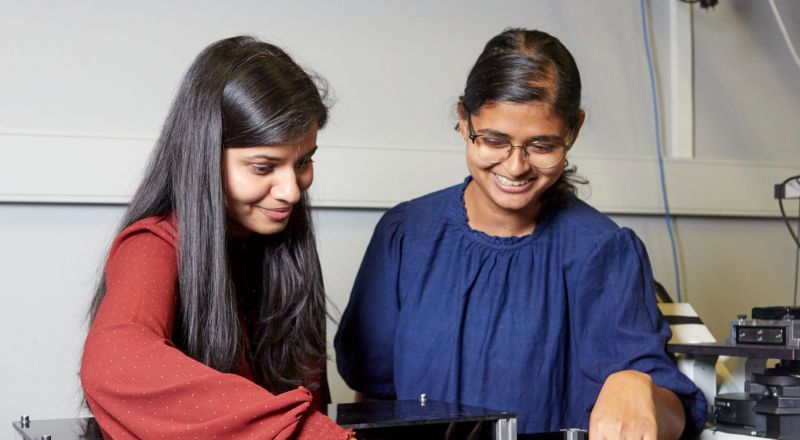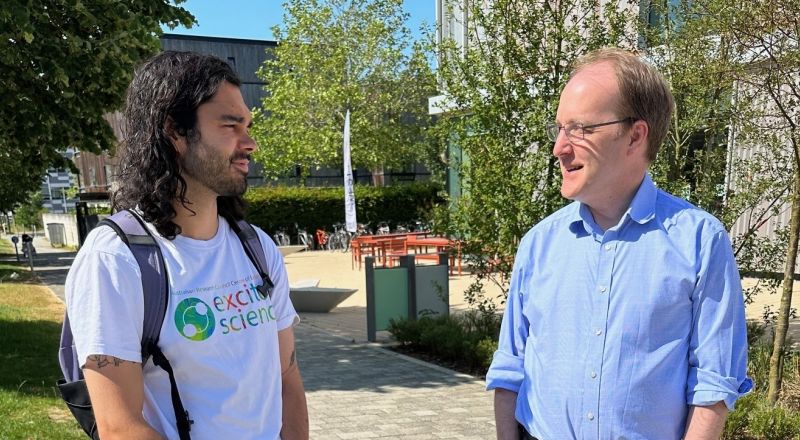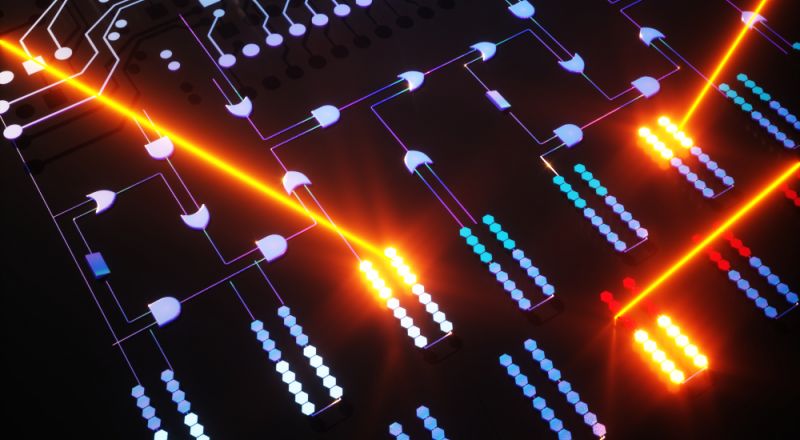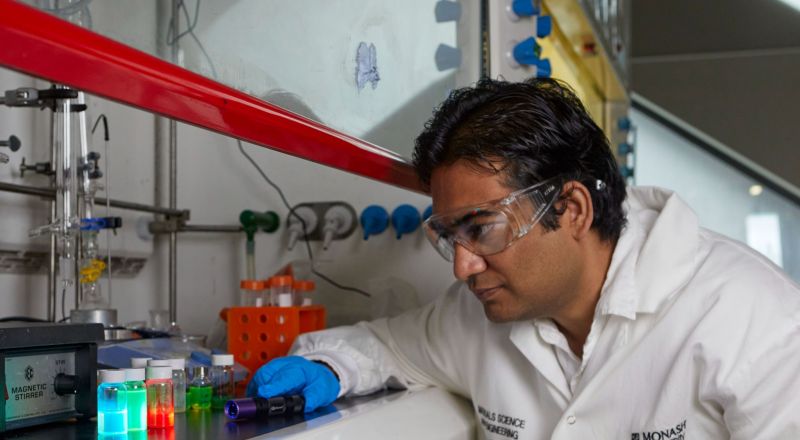Welcome to Exciton Science
At the ARC Centre of Excellence in Exciton Science, we are excited about the possibilities of transforming light into energy and energy into light. We are a collaboration of academia and industry focused on innovative research to improve solar energy technology, lighting and security systems.
Join the Exciton Science mailing list to receive updates about the Centre's activities and events straight to your inbox.
Our arcade-style games allow your students to explore concepts around renewable energy and solar technology and have loads of fun while doing it!
Publications
The Centre of Excellence in Exciton Science is an Australian Research Council research centre linking the University of Melbourne, Monash University, RMIT University, UNSW Sydney and the University of Sydney.
Our partners include: The Defence Science and Technology Group, The Reserve Bank of Australia and CSIRO.

